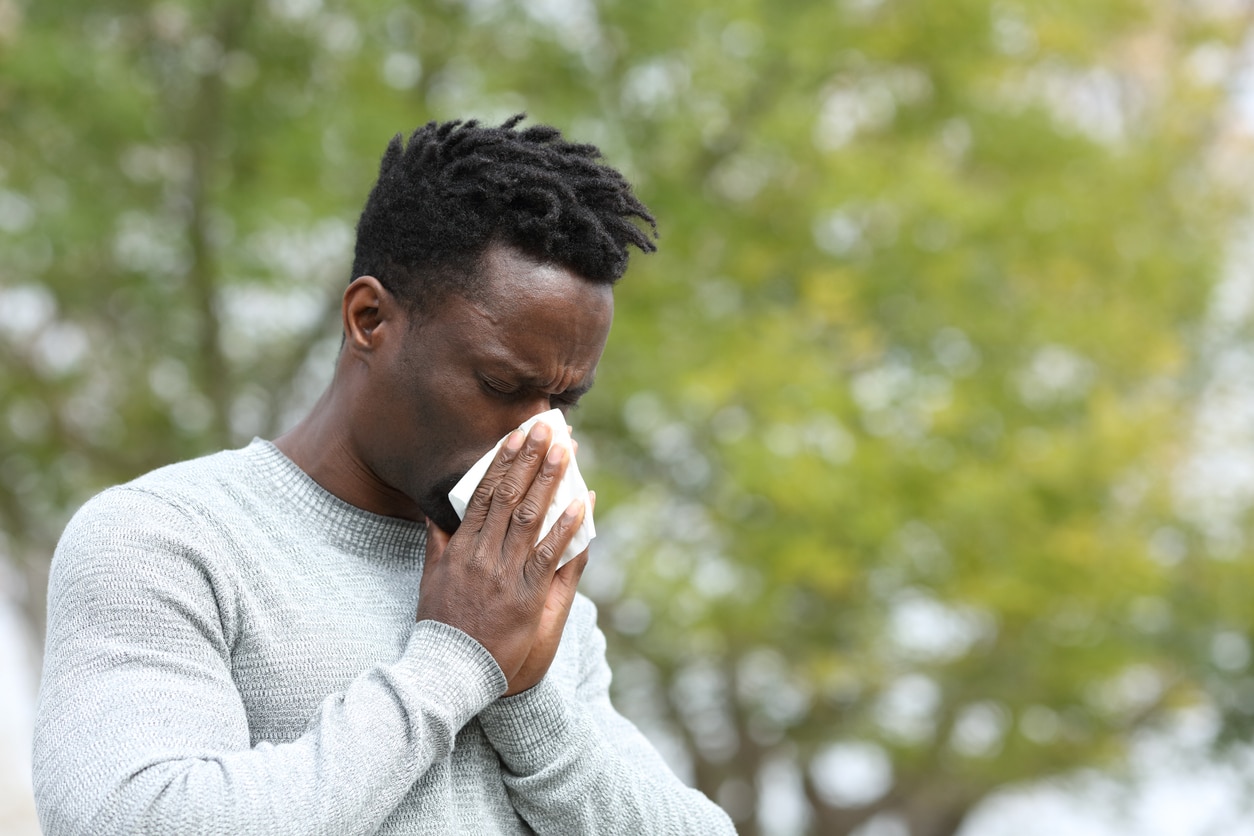Many of us associate seasonal allergies with springtime, when everything is starting to bloom. However, if you’re one of the 25.7% of adults who have a seasonal allergy, you may find that your allergy symptoms are worse during the summer months.
Let’s take a closer look at what may be causing your summer allergies and what you can do to manage your symptoms and enjoy the season.
Summer Allergy Symptoms

Summer allergy symptoms are similar to other seasonal allergies and can include, but are not limited to:
- Sneezing
- Itchy, watery eyes
- Runny nose
- Nasal congestion
- Postnasal drip
- Coughing
- Difficulty breathing
You may only experience some of these symptoms, and they can vary in intensity from person to person, depending on how severe your allergies are.
What Causes Summer Allergies?
Summer is a popular time for outdoor activities like biking, barbequing or hiking through Georgia somewhere like Big Creek Greenway. Unfortunately, if you have summer allergies, all this time outdoors is likely exposing you to your allergy triggers.
Some common summer allergens include:
- Grass pollen
- Ragweed
- Tree pollen
- Mold
- Mugwort
- Nettle
Ways To Control Your Allergy Symptoms
Allergy symptoms can range from mildly annoying to truly debilitating, so part of figuring out how to manage your condition will depend on the severity of your symptoms. There are many methods, both in terms of at-home remedies and medical treatments, that can help control your symptoms. Some of which include:
- Avoiding your allergens. The best way to avoid having allergy symptoms is to not come into contact with your triggers. In situations where that’s not possible, reducing your exposure may, in turn, reduce your allergies. This may mean keeping your windows to your home and car closed, staying indoors when pollen levels are high and immediately removing and washing any clothes and showering after spending a day outside to avoid bringing allergens into your home.
- Try over-the-counter allergy medications. Over-the-counter antihistamines or other allergy medications may help to reduce your symptoms when avoidance isn’t feasible. You may need to take medication every day or on an as-needed basis. Speak with your medical provider before starting any new medication, even if it’s available in stores, to make sure it’s safe for you.
- Visit an allergist. An allergist can help you manage allergies when at-home remedies are not enough. They can perform allergy testing to accurately diagnose your triggers, provide prescription-strength medication or let you know if you’re a good candidate for other treatments like immunotherapy.
To schedule an appointment with an expert allergist, reach out to ENT of Georgia North today.